Mediterranean Diets
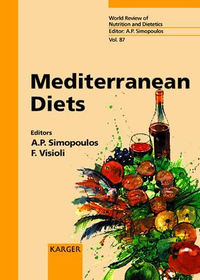
Summary
Contrary to popular belief, there is no such thing as one Mediterranean This geographic region includes several nations with varied cultures, traditions, incomes and dietary habits, resulting in a wide variation of dietary patterns. The present volume focuses on the latest research data from basic science and clinical intervention studies that indicate that a balanced ratio of omega-6 and omega-3 fatty acids and a high antioxidant intake from fruits and vegetables, along with olive oil, contribute to a lower rate of heart disease and increased longevity. These benefits are especially pronounced in the population of Crete, indicating that this diet is particularly healthy. Moreover, descriptions of the diets of Greece, Italy, Spain and the Maghreb are given for the first time, pointing to their differences as well as to their common dietary patterns; these are followed by chapters on the nutritional and metabolic contributions of antioxidants, wine, olive oil and fatty acids. Results from the Lyon Heart Study lead to the conclusion that plasma and cell membrane phospholipid omega-6 and omega-3 fatty acid ratios are among the main biological effects of the experimental modified diet of Crete tested in this trial. Results also show that a pattern based on a modified diet of Crete decreases the death rate of both coronary heart disease and cancer. Physicians, nutritionists, cardiologists, cancer specialists, food scientists, agriculturists, dietitians as well as the informed public will find this volume of particular interest.
Similar Books
-
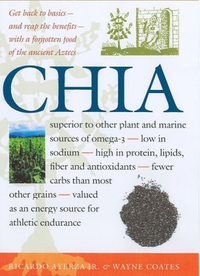 Chia: Rediscovering a Forgotten Crop of the Aztecs
Chia: Rediscovering a Forgotten Crop of the Aztecsby Ricardo Ayerza
-
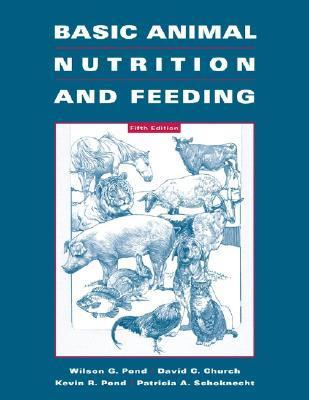 Basic Animal Nutrition and Feeding
Basic Animal Nutrition and Feedingby Wilson G. Pond
-
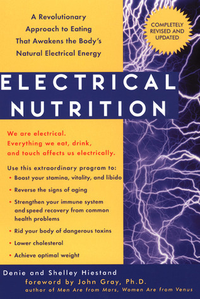
-
 Safe Sex in the Garden and Other Propositions for an Allergy-Free World
Safe Sex in the Garden and Other Propositions for an Allergy-Free Worldby Leo Thomas Ogren
-
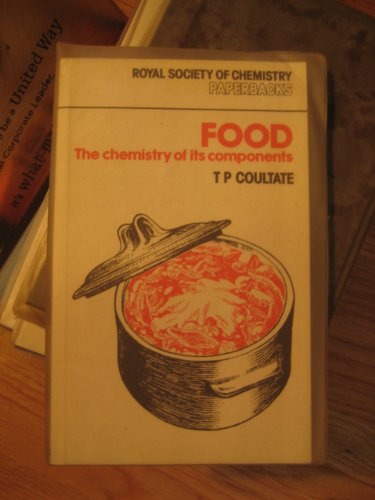 Food The Chemistry Of Its Components
Food The Chemistry Of Its Componentsby Tom P. Coultate
-
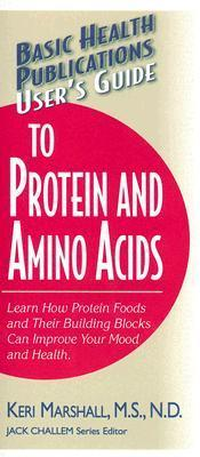 User's Guide to Protein and Amino Acids
User's Guide to Protein and Amino Acidsby Keri Marshall
-

-
 Food, Nutrition and Sports Performance Ii
Food, Nutrition and Sports Performance Iiby Ronald J. Maughan
-

-
 Food Allergens
Food Allergensby Steven Gendel
-
 Balance - The Universal Law: And Its Bio-Electro Vibrations
Balance - The Universal Law: And Its Bio-Electro Vibrationsby Dr Kurt E Schulz
-
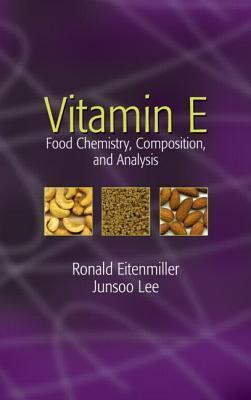 Vitamin E: Food Chemistry, Composition, and Analysis
Vitamin E: Food Chemistry, Composition, and Analysisby Ronald R. Eitenmiller
-
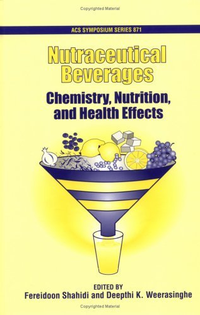 Nutraceutical Beverages: Chemistry, Nutrition, and Health Effects
Nutraceutical Beverages: Chemistry, Nutrition, and Health Effectsby Fereidoon Shahidi
-
 Anoint Yourself with Oil for Radiant Health
Anoint Yourself with Oil for Radiant Healthby David Richard
-
 Caffeine for the Sustainment of Mental Task Performance: Formulations for Military Operations
Caffeine for the Sustainment of Mental Task Performance: Formulations for Military Operationsby National Research Council
-
 Nutritional Biochemistry
Nutritional Biochemistryby S. Ramakrishnan
-
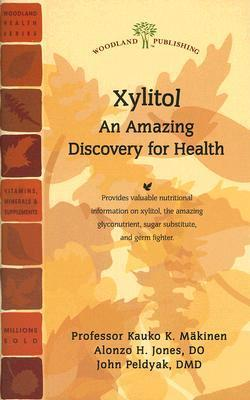 Xylitol: An Amazing Discovery for Health (Woodland Health Series)
Xylitol: An Amazing Discovery for Health (Woodland Health Series)by Professor Kauko K. Makinen
-
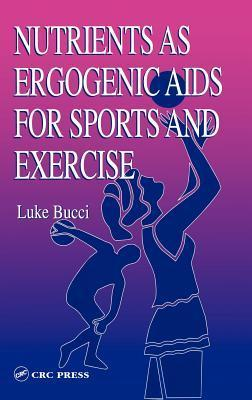 Nutrients as Ergogenic Aids for Sports and Exercise
Nutrients as Ergogenic Aids for Sports and Exerciseby Luke R. Bucci
-

-

-
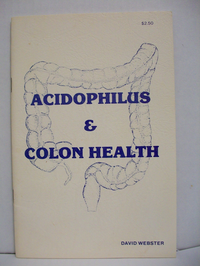 Acidophilus and Colon Health: A Self-Help Manual
Acidophilus and Colon Health: A Self-Help Manualby David Webster
-
 Functional Foods: Concept to Product
Functional Foods: Concept to Productby Glenn R. Gibson
-

-
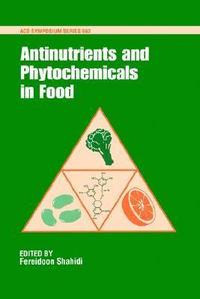 Antinutrients and Phytochemicals in Foods
Antinutrients and Phytochemicals in Foodsby Fereidoon Shahidi
-
 Free Radicals in Food: Chemistry, Nutrition and Health Effects
Free Radicals in Food: Chemistry, Nutrition and Health Effectsby Michael Morello
-
 Nutraceutical and Specialty Lipids and their Co-Products
Nutraceutical and Specialty Lipids and their Co-Productsby Fereidoon Shahidi
-
 Growing Bone
Growing Boneby James F. Whitfield
-
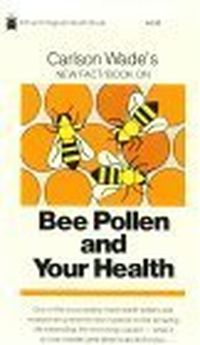 Carlson Wade's New Fact/Book on Bee Pollen and Your Health
Carlson Wade's New Fact/Book on Bee Pollen and Your Healthby Carlson Wade
-
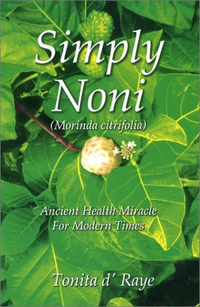
-
 Food Science And Technology Bulletin: Functional Foods
Food Science And Technology Bulletin: Functional Foodsby Glenn, R Gibson
-
 Human Body Systems: Maintaining the Body's Functions
Human Body Systems: Maintaining the Body's Functionsby Sharon Katz Cooper
-
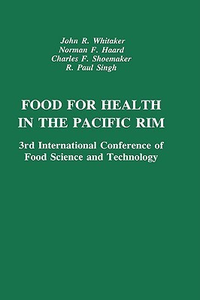 Food for Health in the Pacific Rim
Food for Health in the Pacific Rimby John R. Whitaker
-
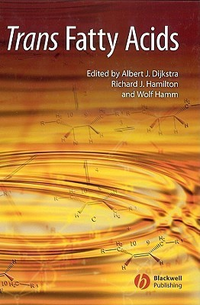 Trans Fatty Acids
Trans Fatty Acidsby Albert J. Dijkstra
-
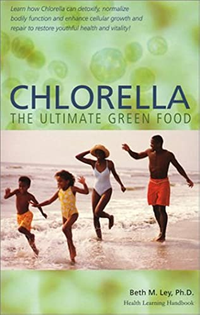
-
 Tropical foods: Chemistry and nutrition
Tropical foods: Chemistry and nutritionby George E. Inglett
-
 Biotechnology of Vitamins, Pigments and Growth Factors
Biotechnology of Vitamins, Pigments and Growth Factorsby E.J. Vandamme
-
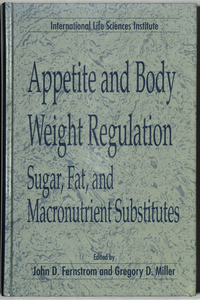 Appetite and Body Weight RegulationSugar, Fat, and Macronutrient Substitutes
Appetite and Body Weight RegulationSugar, Fat, and Macronutrient Substitutesby John D. Fernstrom